
In the realm of outdoor play and recreation, a profound shift in focus has emerged—one that
underscores the significance of creating environments that are free from bias and welcoming
for all individuals. Our commitment to this transformative journey is rooted in addressing critical
challenges that impact girls and marginalized gender identities within public parks. Today, I invite
you to explore how we are driving inclusivity, the pivotal issues we are addressing, and the pivotal
steps we are taking to foster equitable spaces.
Recent research has unveiled disconcerting statistics – More than a million girls in the UK lose
interest in sports during their teenage years. A deeper examination reveals a sobering reality
– teenage girls are not departing from sports due to mere shifting priorities; they are being
compelled to exit by deeply entrenched gender stereotypes. The time has come to address these long-ignored inequalities and create an environment where girls can flourish without limitations.
In the realm of outdoor play and recreation, a profound shift in focus has emerged—one that
underscores the significance of creating environments that are free from bias and welcoming
for all individuals. Our commitment to this transformative journey is rooted in addressing critical
challenges that impact girls and marginalized gender identities within public parks. Today, I invite
you to explore how we are driving inclusivity, the pivotal issues we are addressing, and the pivotal
steps we are taking to foster equitable spaces.
Recent research has unveiled disconcerting statistics – More than a million girls in the UK lose
interest in sports during their teenage years. A deeper examination reveals a sobering reality
– teenage girls are not departing from sports due to mere shifting priorities; they are being
compelled to exit by deeply entrenched gender stereotypes. The time has come to address these long-ignored inequalities and create an environment where girls can flourish without limitations.




A staggering 80% of girls do not feel safe outside, with 31% expressing discomfort within public parks (Make Space for Us, 2022). A research report commissioned by Make Space for Girls has found that 92% of MUGA use is dominated by boys and men, and that overall, 90% of teenage play provision is male dominated. (Parkwatch Report, 2023). This is a disheartening reflection of the challenges women and marginalized gender identities encounter in these spaces. Issues such as harassment, inadequate lighting, and a lack of engaging activities contribute to a pervasive feeling of vulnerability and exclusion.
The influence of gender stereotypes and societal expectations cannot be underestimated. These influences permeate behaviours and roles within public parks, discouraging full participation and acceptance among diverse individuals. It is our responsibility as a society to address this glaring imbalance by crafting spaces that prioritise safety and inclusivity for all. As Yorkshire Sport Foundation concluded: ‘Park developers are uniquely positioned to support girls to develop a life-long love of outdoor exercise at this formative lifestage but to do so, we must consider park usage and design through a gendered, girl-centred lens. Only then can we create more inclusive and equitable spaces for teenage girls to enjoy healthy, happy and active lives in their community’ (Make Space for Us, 2022).
At Jupiter identifying and addressing these concerns has been a driving force since our company was founded in 1999. With this in mind, we collaborated with the Landscape Institute in March 2022 to host our inaugural ‘Key Trends’ webinar series, focusing on ‘More Welcoming Spaces for All.‘ This platform allowed us to engage in crucial conversations about the challenges teenage girls face in outdoor play areas. Our engagement does not stop at webinars; we actively participate in workshops, conferences and open table discussions with those at the forefront of the research, constantly challenging ourselves and our designs, with gender inclusivity at the heart of our creative process.
A staggering 80% of girls do not feel safe outside, with 31% expressing discomfort within public parks (Make Space for Us, 2022). A research report commissioned by Make Space for Girls has found that 92% of MUGA use is dominated by boys and men, and that overall, 90% of teenage play provision is male dominated. (Parkwatch Report, 2023). This is a disheartening reflection of the challenges women and marginalized gender identities encounter in these spaces. Issues such as harassment, inadequate lighting, and a lack of engaging activities contribute to a pervasive feeling of vulnerability and exclusion.
The influence of gender stereotypes and societal expectations cannot be underestimated. These influences permeate behaviours and roles within public parks, discouraging full participation and acceptance among diverse individuals. It is our responsibility as a society to address this glaring imbalance by crafting spaces that prioritise safety and inclusivity for all. As Yorkshire Sport Foundation concluded: ‘Park developers are uniquely positioned to support girls to develop a life-long love of outdoor exercise at this formative lifestage but to do so, we must consider park usage and design through a gendered, girl-centred lens. Only then can we create more inclusive and equitable spaces for teenage girls to enjoy healthy, happy and active lives in their community’ (Make Space for Us, 2022).
At Jupiter identifying and addressing these concerns has been a driving force since our company was founded in 1999. With this in mind, we collaborated with the Landscape Institute in March 2022 to host our inaugural ‘Key Trends’ webinar series, focusing on ‘More Welcoming Spaces for All.‘ This platform allowed us to engage in crucial conversations about the challenges teenage girls face in outdoor play areas. Our engagement does not stop at webinars; we actively participate in workshops, conferences and open table discussions with those at the forefront of the research, constantly challenging ourselves and our designs, with gender inclusivity at the heart of our creative process.
A notable triumph for innovative thinking is the Bredäng project in Stockholm. Inclusive by design, this space was shaped through focus group sessions with local teenagers. It incorporates a performance area, swings, sheltered seating, and a smaller sports section—exemplifying how community consultation moulds spaces that resonate with the community’s needs.
A notable triumph for innovative thinking is the Bredäng project in Stockholm. Inclusive by design, this space was shaped through focus group sessions with local teenagers. It incorporates a performance area, swings, sheltered seating, and a smaller sports section—exemplifying how community consultation moulds spaces that resonate with the community’s needs.




Creating gender-equal public parks and play spaces requires synergy with local councils, community organisations, policymakers, and the public. Open dialogues, diverse feedback, and community involvement serve as cornerstones in building truly inclusive spaces that cater to a spectrum of needs, interests, and aspirations.
This is a necessity that forges inclusive communities and elevates well-being for all. By confronting challenges head-on and implementing proactive measures, we have the power to cultivate environments where everyone feels secure, valued, and empowered to embrace the offerings of public spaces.
The realm of outdoor play spaces brims with boundless potential, and through collaborative effort, we can continue crafting spaces that create wonder for all. Embracing gender equality within public spaces signifies a monumental stride towards constructing a more equitable society for everyone.
Contact us today to explore how we can co-create play spaces that encapsulate the spirit of inclusivity, wonder, and belonging for your community. Let’s work together in this transformative journey, to discover new and better ways to play.
Creating gender-equal public parks and play spaces requires synergy with local councils, community organizations, policymakers, and the public. Open dialogues, diverse feedback, and community involvement serve as cornerstones in building truly inclusive spaces that cater to a spectrum of needs, interests, and aspirations.
This is a necessity that forges inclusive communities and elevates well-being for all. By confronting challenges head-on and implementing proactive measures, we have the power to cultivate environments where everyone feels secure, valued, and empowered to embrace the offerings of public spaces.
The realm of outdoor play spaces brims with boundless potential, and through collaborative effort, we can continue crafting spaces that create wonder for all. Embracing gender equality within public spaces signifies a monumental stride towards constructing a more equitable society for everyone.
Contact us today to explore how we can co-create play spaces that encapsulate the spirit of inclusivity, wonder, and belonging for your community. Let’s work together in this transformative journey, to discover new and better ways to play.




Nottingham
The Coach House
2 North Road
West Bridgford
NG2 7NH
Edinburgh
9 Ainslie Place
Edinburgh
EH3 6AT
Sign up to our newsletter to keep up to date with all things play and innovation.
Accreditations







The Coach House
2 North Road
West Bridgford
NG2 7NH
9 Ainslie Place
Edinburgh
EH3 6AT
Sign up to our newsletter to keep up to date with all things play and innovation.
The Coach House
2 North Road
West Bridgford
NG2 7NH
9 Ainslie Place
Edinburgh
EH3 6AT
Sign up to our newsletter to keep up to date with all things play and innovation.